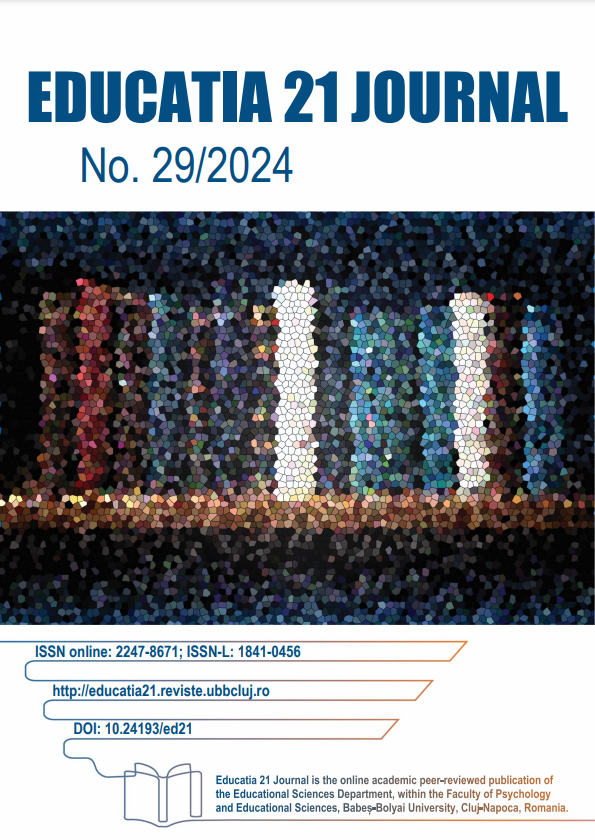Curriculum Design Using the Holland Theory of Vocational Interests
Curriculum Design Using the Holland Theory of Vocational Interests
Author(s): Delia Muste, Alina Melania MarișSubject(s): Social Sciences, Education, Inclusive Education / Inclusion, Pedagogy
Published by: Universitatea Babeş-Bolyai
Keywords: vocational interests; Curriculum design; RIASEC model; personalized learning; educational inclusivity;
Summary/Abstract: The article explores the application of Holland's Theory of Vocational Interests in designing pre-university curricula, emphasizing personalized and relevant educational experiences. The curriculum is conceptualized as a structured "plan for learning," requiring balance and coherence across levels: international, national, school-specific, classroom, and individual. It highlights the significance of integrating students’ vocational profiles (RIASEC) into teaching strategies to foster engagement, motivation, and skill development. The study outlines a multi-step approach, including profiling students' vocational interests, analyzing interest types, and creatively designing learning situations aligned with these profiles. Case studies from Romanian pilot programs illustrate the effectiveness of this model, highlighting adaptations for frontal, group, and individual teaching formats. The approach facilitates the development of career-relevant skills and enhances educational inclusivity. Ultimately, the implementation of Holland’s theory contributes to a dynamic learning environments, better decision-making for students’ academic and career paths, and the preparation of active, competent citizens for a rapidly evolving society.
Journal: Educatia 21
- Issue Year: 2024
- Issue No: 29
- Page Range: 85-93
- Page Count: 9
- Language: English

